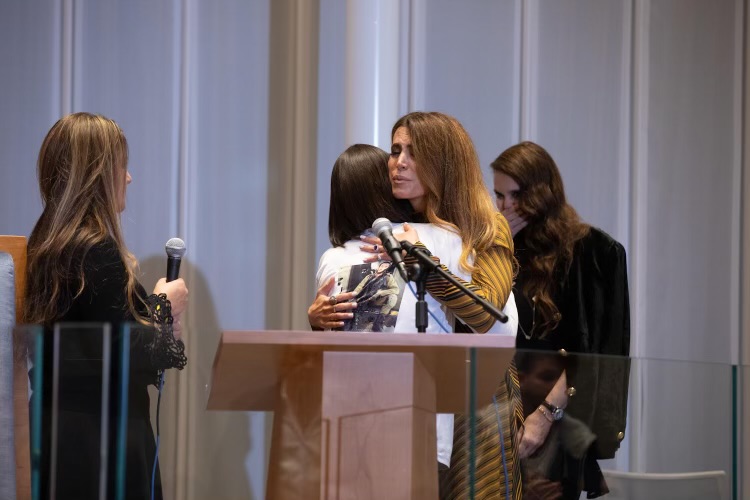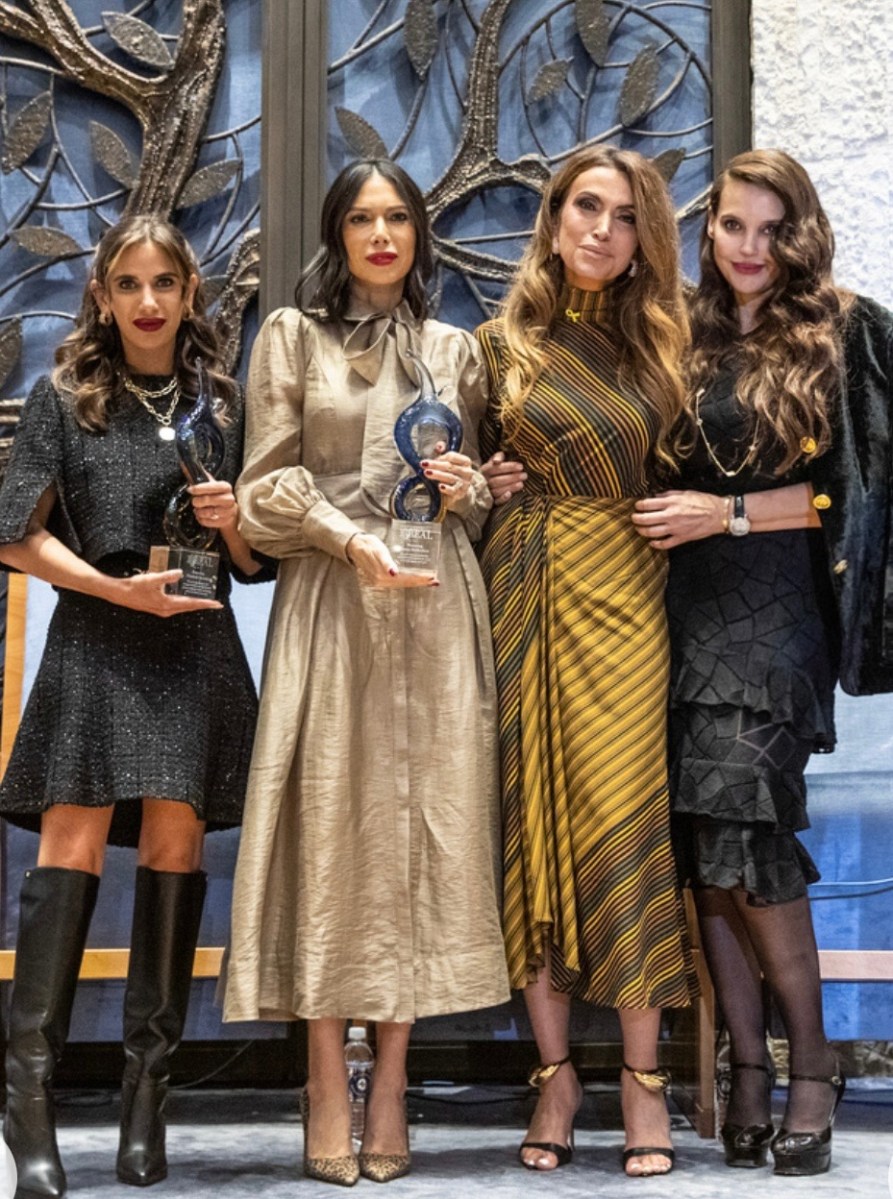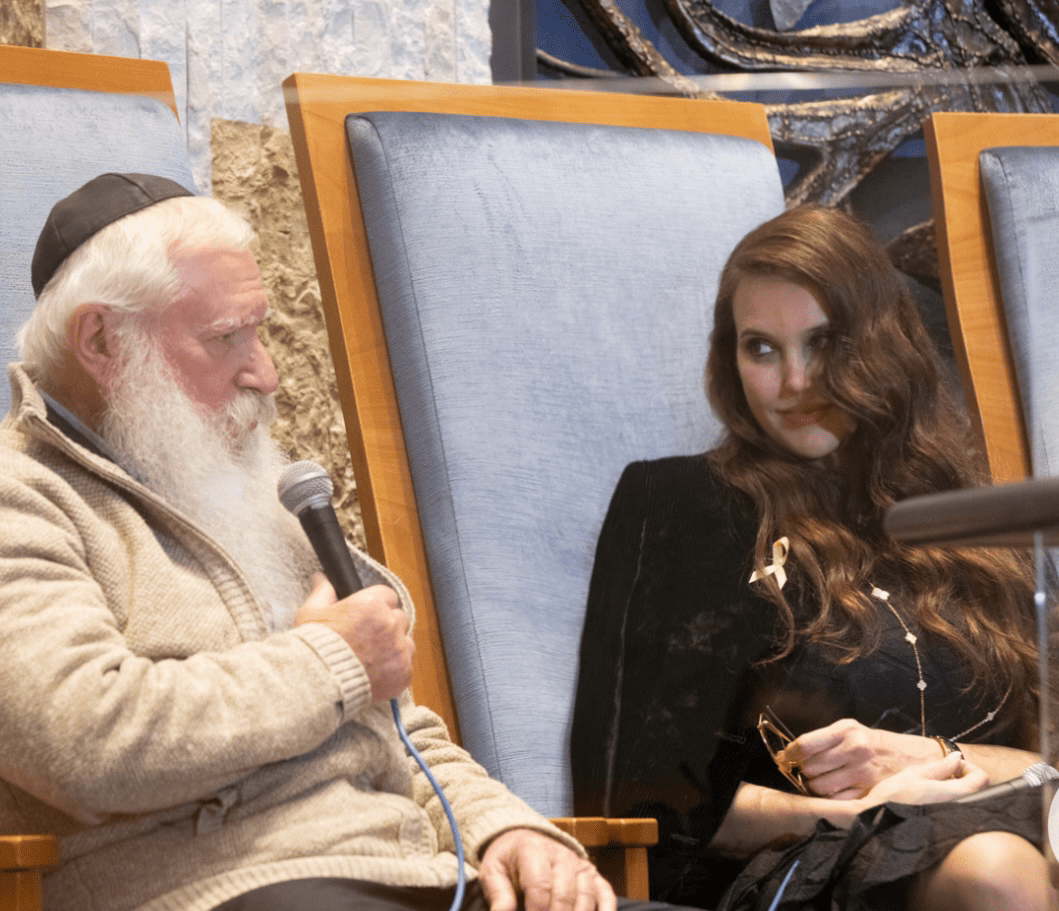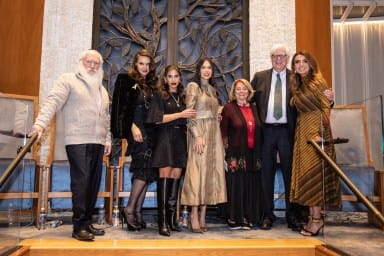On a recent Wednesday night in New York, nearly 350 people gathered in a room to do something profoundly human: confront the quiet mental health crisis brewing behind closed doors and inside restless minds.
The Mental Health Is Real (MHI) campaign isn’t just another mental health initiative. It’s a raw, unflinching reckoning with the mental anguish tearing through the Jewish community in a post-Oct. 7 world. Depression is no longer a whispered word; anxiety is no longer an abstract statistic. These struggles are etched into the faces of our youth, amplified by the venom of rising antisemitism, and left festering in the hollow spaces where understanding and action should live.
Anzhelika Olsen Steen, with the fierce grace of someone who knows what’s at stake, rallied a movement from the ground up. Her ability to galvanize a room, a city and a mission wasn’t just logistical; it was alchemical. She reminded us all that pain may be personal, but healing requires a collective effort.
Pain and purpose

The Jewish community is in the throes of an unspoken emergency. Suicide rates are rising; young minds are drowning in anxiety; campuses are battlegrounds of prejudice. Resources meant to offer refuge often falter, failing to see the nuance and cultural weight behind the pain.
The ripple effects extend far beyond any single community because when one group’s humanity is under siege, the moral fabric of us all frays.
Rona Lalezary, founder of MHI, understood this. Her vision was not just to address the mental health crisis but to revolutionize the way we see each other and show up for each other. This was a night of raw truth, where grief met courage and anguish found its counterpart in resilience.
Einav Danino, mother of murdered hostage Ori Danino, shared her story in a moment so powerful it left the room suspended between heartbreak and defiance. Tanya Zuckerbrot’s unwavering commitment to Jewish dignity and Lizzy Savetsky’s openness about her mental health journey demonstrated that strength and vulnerability are two sides of the same coin.
Dennis Prager and Rabbi Manis Friedman brought the fire—words that moved beyond rhetoric and burned into the collective psyche of the audience. Healing, they said, doesn’t emerge from silence. It comes from shared faith, purpose, and a willingness to face the dark.
The anatomy of healing

The event wasn’t just an acknowledgment of pain; it was a blueprint for repair. Trauma clinicians Gina Ross, Rivki Jungreis, and Malka Shaw led an early session that was as practical as it was soul-stirring. Tools for healing were handed over like sacred gifts, reminding us that recovery isn’t a passive act—it’s an art form, messy and deliberate.
This wasn’t a gala with polished small talk and tepid applause. It was a battle cry for humanity. As the night unfolded, the energy shifted. You could feel it in the room, a mix of raw urgency and stubborn hope.
Dr. Victoria Grinman, a psychotherapist and attendee, said it best: “You helped light a flame that will go ablaze. These conversations are essential, and people need to feel inspired to have them.”
More than a moment

This event wasn’t the endpoint; it was the spark. The MHI campaign will travel to cities across the globe, taking its message of hope and resilience wherever the Jewish diaspora needs it. Its mission isn’t confined to addressing Jewish pain but extends to building a framework for global solidarity.
The funds raised that evening will fuel a digital platform offering crisis hotlines, regional service directories, virtual therapy, and community forums. The initiative also aims to connect and train 1,000 wellness practitioners, building an army of healers to meet the growing demand.
Anzhelika Olsen Steen’s vision ensured this wasn’t just about Jewish communities mourning in isolation. It was about weaving a larger tapestry of allyship, where grief is shared, humanity is affirmed, and healing becomes a collective act of defiance against hatred.
A call to the collective
The weight of this moment isn’t just on the Jewish community; it’s on all of us. Allyship isn’t charity—it’s humanity in action. The Mental Health Is Real campaign calls for more than donations or platitudes. It demands that we stand together, not as fractured tribes but as a singular force that believes in dignity, hope, and the unyielding power of resilience.
Visit www.mentalhealthisreal.co to support this mission. Volunteer, donate, spread the message—because the work ahead is immense, and the stakes are nothing less than humanity’s soul.
Let this be the beginning of a revolution, not just for mental health but for the way we treat each other when the world feels like it’s burning. Let’s light the kind of fire that doesn’t destroy but illuminates, guiding us all toward a future worth fighting for.
